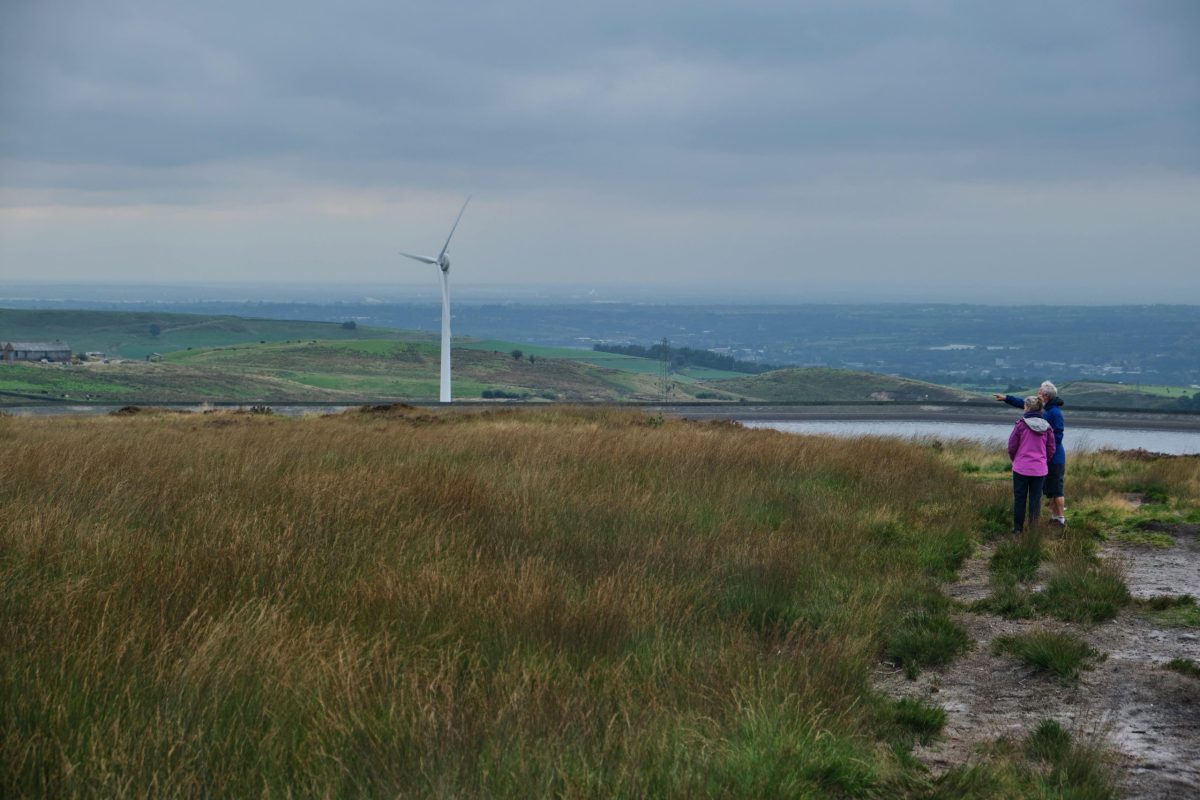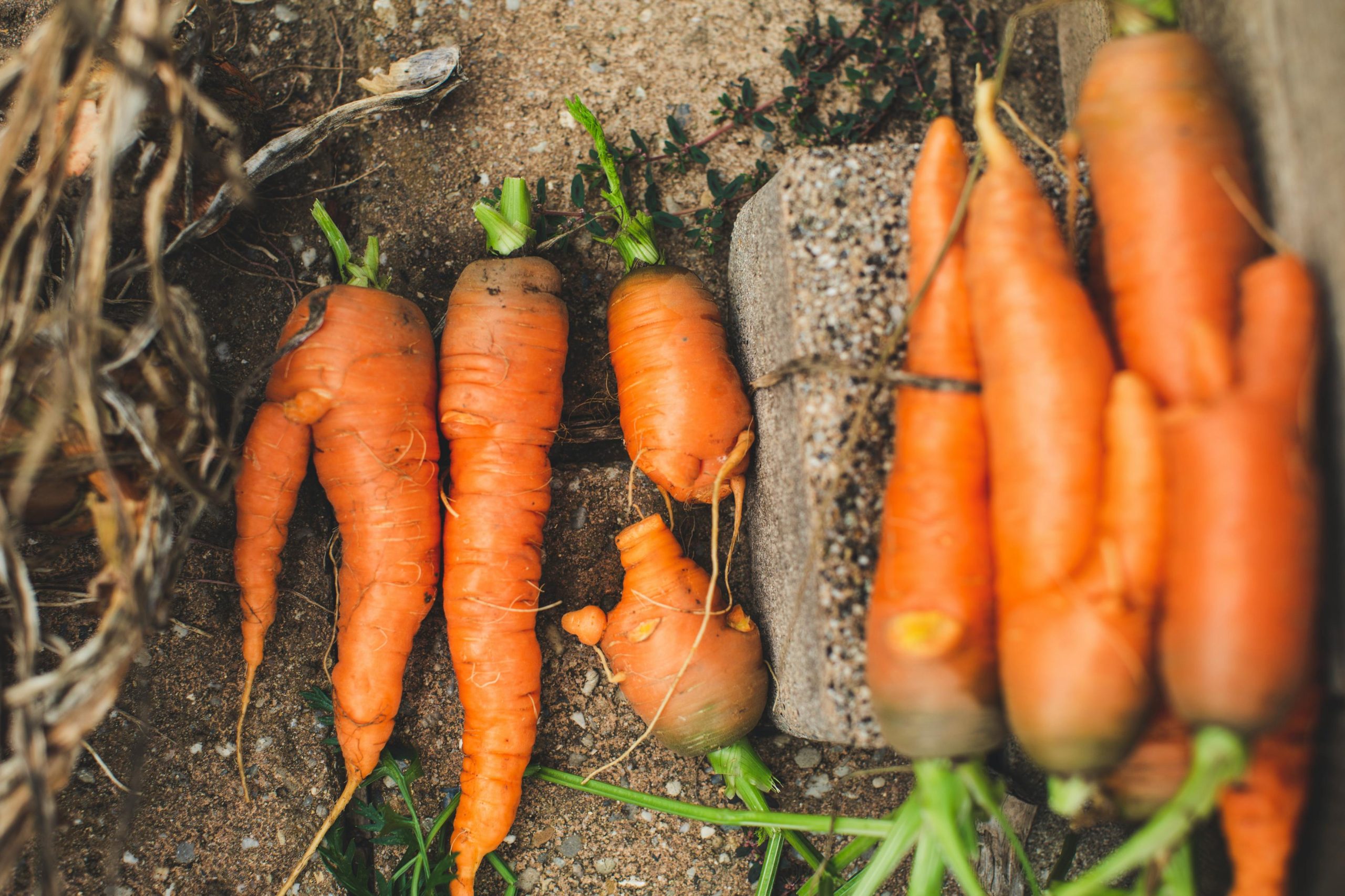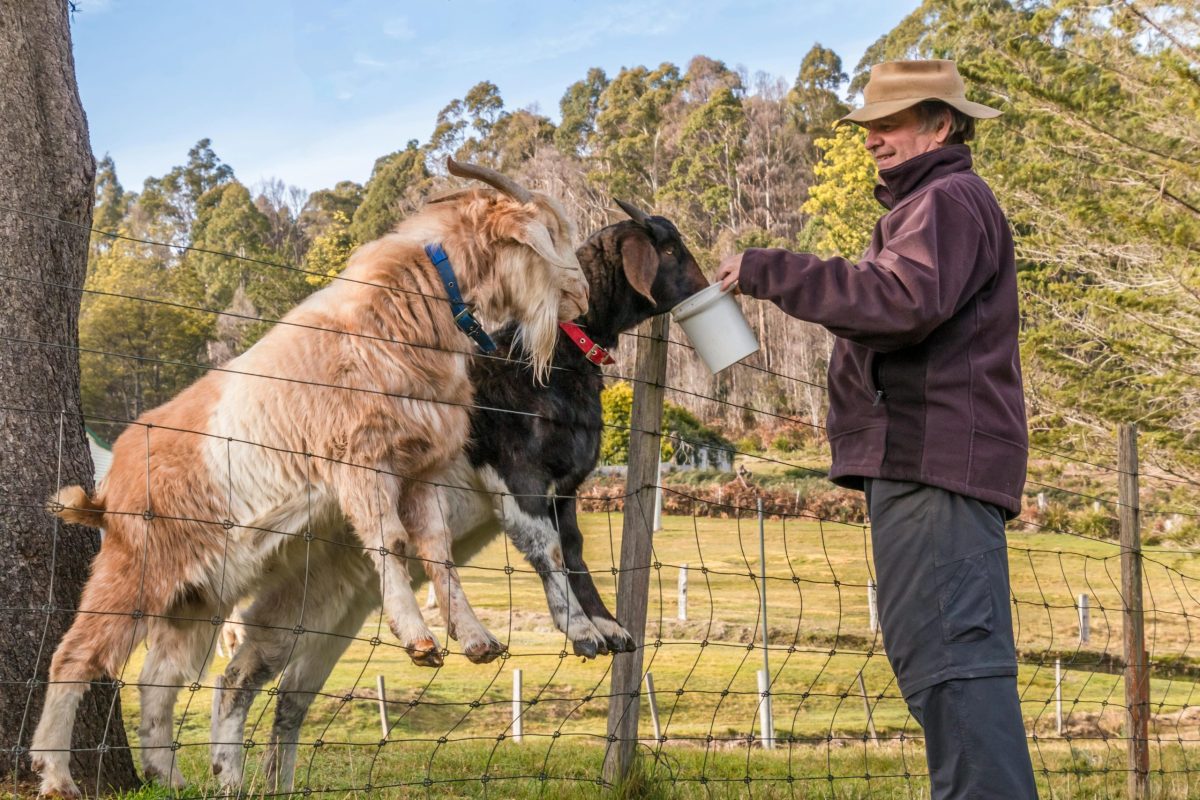Understanding Sustainable Agriculture in the Australian Context

Definition and Importance
Sustainable agriculture in Australia is not just a practice; it’s a commitment to the future. It involves adopting farming methods that are environmentally friendly, economically viable, and socially responsible. This approach ensures that we can produce enough food to meet today’s needs without compromising the ability of future generations to meet theirs. It’s about nurturing the land that feeds us.
Overview of Practices
Australia is at the forefront of integrating sustainable practices in agriculture. From precision farming techniques that optimize water use and reduce chemical inputs, to agroforestry that combines agriculture and tree farming, Australian farmers are innovators. They’re also adopting regenerative agriculture practices, which focus on restoring soil health, enhancing water cycles, and increasing biodiversity. These methods not only boost farm productivity but also contribute to a healthier planet.
The Role in Combating Climate Change and Preserving Biodiversity
The impact of sustainable agriculture extends far beyond the farm gate. By reducing greenhouse gas emissions and enhancing carbon sequestration, these practices are vital in the fight against climate change. Moreover, sustainable agriculture plays a crucial role in preserving biodiversity. It supports ecosystems, protects habitats, and maintains the genetic diversity essential for food security. In essence, it’s a cornerstone in ensuring a resilient and healthy environment for all.
Embracing sustainable agriculture is not just a choice but a necessity for Australia. It’s a strategic investment in our land, our people, and our future. By supporting sustainable practices, we’re paving the way for a thriving, sustainable agricultural sector that will continue to feed Australia and the world for generations to come.
The Economic Landscape of Sustainable Agriculture in Australia

The current market trends in Australia show a robust growth in sustainable agriculture, driven by increasing consumer demand for environmentally friendly products and a growing awareness of the long-term benefits of sustainable farming practices. This shift is not only about preserving our environment but also about tapping into the economic viability of sustainable farming. With the right strategies, sustainable agriculture can be as profitable as traditional farming, if not more. The government plays a pivotal role in this transition, offering various policies and incentives designed to support farmers who adopt sustainable practices. These include grants for water efficiency, subsidies for organic certification, and tax breaks for investments in renewable energy on farms.
- Market Trends: A surge in consumer demand for sustainable products is reshaping the market.
- Government Support: Policies and incentives are in place to encourage the adoption of sustainable practices.
- Case Studies: Numerous Australian farms have successfully transitioned to sustainable agriculture, demonstrating its economic viability. For instance, a farm in Victoria has seen a significant increase in productivity and soil health after adopting regenerative practices, leading to higher profits and a reduced carbon footprint.
These elements collectively underscore the economic potential of sustainable agriculture in Australia. By investing in sustainable practices, farmers not only contribute to a healthier planet but also unlock new market opportunities and financial incentives. It’s a win-win scenario that promises a greener, more prosperous future for Australian agriculture.
Strategies for Investing in Sustainable Agriculture

Investing in sustainable agriculture offers a unique opportunity to contribute to a healthier planet while also tapping into a growing market with significant financial potential. Direct investment in sustainable farms and agricultural businesses allows investors to be at the forefront of environmentally friendly practices. These investments not only support the transition to sustainable farming methods but also yield substantial returns as the demand for eco-friendly products continues to rise. Additionally, sustainable agricultural funds and green bonds present an accessible path for those looking to diversify their portfolios with investments that have a positive environmental impact. These financial instruments are designed to fund projects and initiatives that contribute to sustainable agriculture, offering investors both financial gains and the satisfaction of contributing to global sustainability efforts.
- Direct Investment: A hands-on approach to supporting and profiting from sustainable farming practices.
- Sustainable Agricultural Funds and Green Bonds: Financial products that allow investors to contribute to sustainability while seeking returns.
- Emerging Technologies: Precision farming and biotech innovations are revolutionizing sustainable agriculture, offering new avenues for investment. These technologies enhance efficiency and productivity, reducing environmental impact while increasing profitability.
By embracing these investment strategies, individuals and institutions can play a pivotal role in advancing sustainable agriculture. The journey towards a sustainable future in agriculture is not just a moral imperative but a lucrative investment opportunity that promises long-term benefits for the planet and profitability for investors. The time to act is now, to ensure a thriving, sustainable agricultural sector for generations to come.
Risks and Challenges in Sustainable Agriculture Investments

Investing in sustainable agriculture carries its unique set of risks and challenges. Understanding these risks is crucial for any investor looking to navigate the sector successfully. Climate change, for instance, poses a significant threat, impacting weather patterns and, consequently, agricultural productivity. This unpredictability can affect crop yields, water availability, and soil health, directly influencing the viability of investments in sustainable agriculture. However, with challenges come opportunities for innovation and adaptation. Strategies such as diversifying crop selection, investing in water-efficient irrigation technologies, and adopting soil health improvement practices can mitigate these risks. Moreover, leveraging emerging technologies that predict weather patterns more accurately or genetically modified crops that can withstand harsh conditions are part of the arsenal against climate change’s impacts.
- Mitigating Factors: Diversification, technological innovation, and improved practices can shield investments from the most severe impacts.
- Strategies: Embracing precision agriculture, soil regeneration techniques, and water conservation measures are key to overcoming challenges.
- Climate Change Impact: A proactive approach, including investing in research and development, is essential to adapt and thrive amidst changing environmental conditions.
By understanding the risks and actively engaging in strategies to mitigate them, investors can not only safeguard their investments but also contribute to a more resilient and sustainable agricultural sector. The impact of climate change, while daunting, also drives the sector towards innovation, pushing the boundaries of what’s possible in sustainable agriculture. In this light, the challenges we face today are the seeds for tomorrow’s breakthroughs, making sustainable agriculture an exciting and rewarding investment frontier.
Evaluating and Choosing Sustainable Agricultural Investments

When venturing into sustainable agricultural investments, the criteria for evaluation extend beyond traditional financial metrics. Investors must consider the environmental impact, the sustainability of farming practices, and the social implications of their investments. Due diligence becomes paramount, requiring a deep dive into the supply chain to ensure that every link aligns with sustainability goals. Understanding the supply chain not only mitigates risks but also ensures the integrity of the investment in promoting eco-friendly agriculture.
- Criteria for Evaluation: Look for investments that demonstrate a commitment to reducing water usage, chemical inputs, and enhancing soil health. The long-term viability of the farming practices is crucial.
- Importance of Due Diligence: Investigating the supply chain reveals the true sustainability of practices and helps identify potential risks or greenwashing.
- Tools and Resources: Utilize sustainability assessment tools, such as the Sustainable Agriculture Initiative Platform’s Farm Sustainability Assessment, and databases that track the environmental impact of agricultural practices. Engaging with platforms that offer insights into market trends and sustainability reports can also guide investment decisions.
Choosing the right sustainable agricultural investment requires a blend of financial acumen and a deep understanding of environmental stewardship. By prioritizing investments that support the planet and its people, investors not only contribute to a more sustainable future but also tap into the growing demand for eco-friendly products. The journey towards sustainable agriculture is filled with opportunities for those willing to invest with foresight and responsibility.
Evaluating and Choosing Sustainable Agricultural Investments
When venturing into sustainable agricultural investments, the discerning investor must navigate with a keen eye. Criteria for evaluating such investments stretch beyond traditional financial metrics, incorporating environmental impact, social responsibility, and long-term sustainability. It’s not just about the returns; it’s about investing in the future of our planet. Due diligence becomes paramount, requiring a deep dive into the supply chain to ensure practices align with sustainability goals. This scrutiny ensures that your investment contributes positively to the environment and society, avoiding those with detrimental practices cleverly masked by greenwashing.
- Understanding the Supply Chain: A transparent supply chain is a hallmark of a truly sustainable investment, offering insights into the environmental and social impact of the agricultural practices employed.
- Due Diligence: Rigorous evaluation and research are crucial to uncover the genuine sustainability of the investment, beyond mere claims.
- Tools and Resources: Leverage available tools such as sustainability reports, third-party certifications, and environmental impact assessments to inform your investment decisions. Engaging with platforms and networks focused on sustainable investments can also provide valuable insights and opportunities.
By applying these principles, investors not only champion sustainable agriculture but also position themselves to benefit from the sector’s growth, driven by increasing consumer demand for environmentally responsible products. The journey towards sustainable investment is both a moral choice and a strategic financial decision, promising rewards for the planet and profitability for the investor.
Evaluating and Choosing Sustainable Agricultural Investments
When venturing into sustainable agricultural investments, the discerning investor must navigate with a keen eye. Criteria for evaluating such investments stretch beyond traditional financial metrics, incorporating environmental impact, social responsibility, and long-term sustainability. It’s not just about the returns; it’s about investing in the future of our planet. Due diligence becomes paramount, requiring a deep dive into the supply chain to ensure practices align with sustainability goals. This scrutiny ensures that your investment contributes positively to the environment and society, avoiding those with detrimental practices cleverly masked by greenwashing.
- Understanding the Supply Chain: A transparent supply chain is a hallmark of a truly sustainable investment, offering insights into the environmental and social impact of the agricultural practices employed.
- Due Diligence: Rigorous evaluation and research are crucial to uncover the genuine sustainability of the investment, beyond mere claims.
- Tools and Resources: Leverage available tools such as sustainability reports, third-party certifications, and environmental impact assessments to inform your investment decisions. Engaging with platforms and networks focused on sustainable investments can also provide valuable insights and opportunities.
By applying these principles, investors not only champion sustainable agriculture but also position themselves to benefit from the sector’s growth, driven by increasing consumer demand for environmentally responsible products. The journey towards sustainable investment is both a moral choice and a strategic financial decision, promising rewards for the planet and profitability for the investor.
The Future of Sustainable Agriculture in Australia

Innovations and trends are rapidly shaping the future of sustainable agriculture in Australia, with technology and data playing pivotal roles. Precision agriculture, powered by advanced sensors and AI, optimises resource use, reducing waste and enhancing yield. Biotechnologies, such as CRISPR, offer the promise of drought-resistant crops, vital in Australia’s arid climates. These innovations not only boost productivity but also ensure environmental preservation.
The role of technology and data cannot be overstated. Smart farming techniques, leveraging IoT devices and big data analytics, enable farmers to make informed decisions, improving efficiency and sustainability. Satellite imagery and drone technology provide insights into soil health, crop conditions, and water usage, facilitating a more nuanced approach to farming that conserves resources and reduces environmental impact.
Consumer demand and regulatory support are crucial in driving change towards sustainable agriculture. As consumers become more environmentally conscious, their preferences are shifting towards sustainably produced goods. This shift is encouraging farmers to adopt eco-friendly practices. Meanwhile, government policies and incentives are crucial for supporting this transition. Subsidies for sustainable farming practices, along with regulations that promote environmental stewardship, play a significant role in shaping the agricultural landscape. Together, these factors create a conducive environment for sustainable agriculture to thrive, ensuring that Australia’s agricultural sector remains vibrant and resilient in the face of global challenges.
Embracing these trends and innovations is not just beneficial; it’s imperative for the future of Australian agriculture. By investing in sustainable practices, we’re not only safeguarding our environment but also ensuring economic viability and food security for future generations. The path forward is clear: a steadfast commitment to sustainability, supported by technology, consumer demand, and regulatory frameworks, will ensure the prosperity of Australian agriculture.
In Closing
Sustainable agriculture is Australia’s future and a global necessity. It represents a harmonious blend of environmental stewardship and economic opportunity, offering a pathway to a greener, more prosperous world. Through innovative practices and strategic investments, sustainable agriculture in Australia is setting a global standard, balancing the scales between nurturing our planet and ensuring economic viability. This movement towards sustainable and ethical investing in agriculture not only secures food for future generations but also opens avenues for robust financial growth. Let us embrace this shift, investing in the earth’s health and our collective future, for it is in this synergy of ecology and economy that our shared prosperity lies.

Ayesha Brueckner is your typical 24 year. Carrying a mountain of student debt. Looking at house prices and wondering if buying one will ever be possible. Looking for income solutions outside of a weekly wage. Join her on her investment and wealth research journey.

